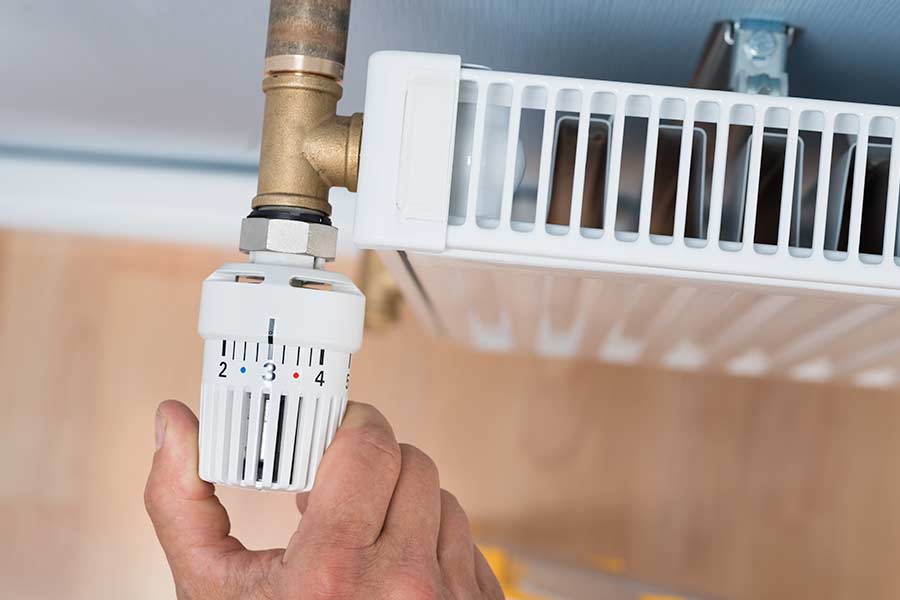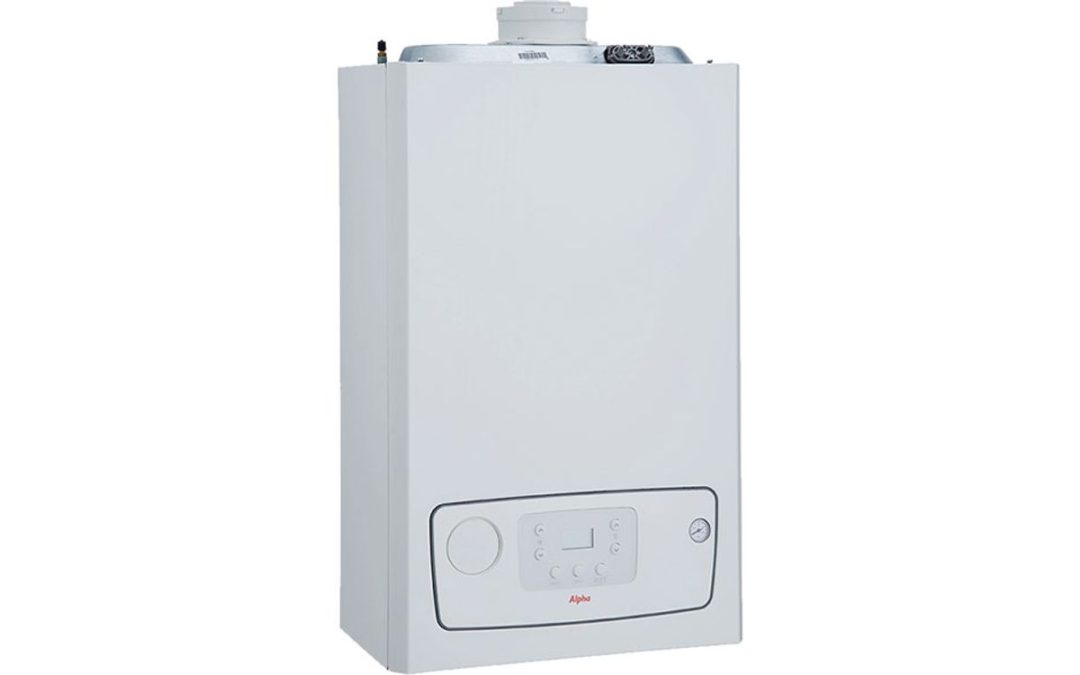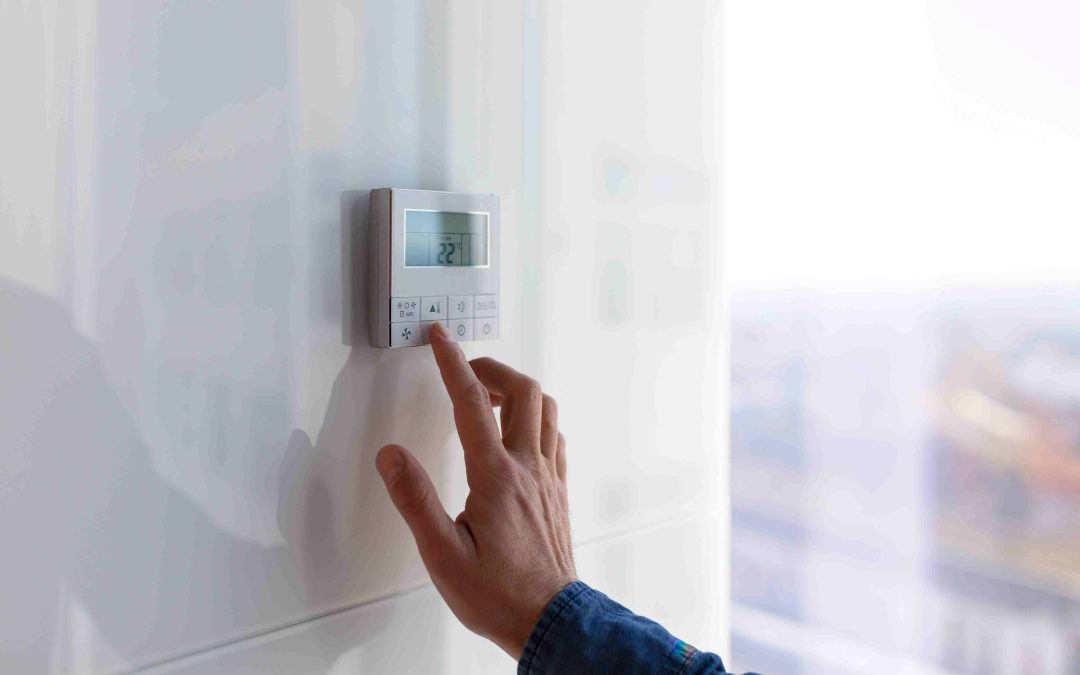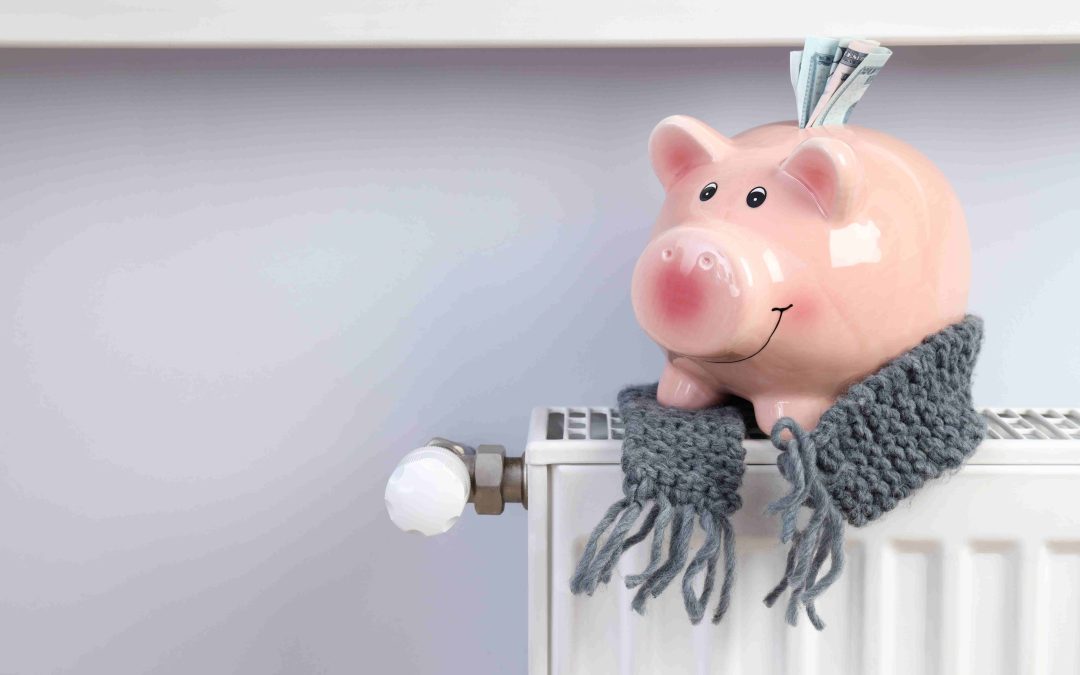Your Combi boiler and radiator installation cost. When you’re investing in a new boiler installation, you might be asking yourself if now’s the time to have other upgrades made to your heating system. After all, whilst the water’s turned off and you have the installers in your home, why not bundle the work together?
Your boiler ages and eventually degrades, and so too do your radiators. The time will come sooner or later to replace them, but when is the right time for this? And can you bundle combi boiler and radiator installation cost to make it cheaper?
Does a new boiler need new radiators?
It’s not necessarily the case that a new boiler must have new radiators to go with it. As a general rule, you only need to replace your radiators if there are issues with the radiators themselves, since a new boiler on an existing heating system should usually be fine.
Your installer may be able to offer a flush of your heating system whilst getting your new boiler fitted. This can clear out the ‘sludge’ that builds up in your heating system and eliminate cold spots and poor heating in your radiators.
If this does the job, then your existing radiators won’t need replacing.
When to get new radiators
There are some signs that your radiators might need replacing, including:
- Cold spots on a radiator or the radiator itself being entirely cold. If the feed pipe is warm but the return is completely cold, you know that the problem lies in the radiator itself or one of its attached valves.
- Visible signs of corrosion on the radiator resulting in things such as pinhole leaks.
- General heating inefficiency and feeling like you’re not getting the kind of heat benefits that you recognise in homes that have newer radiators.
- Noisy when the heating is on, indicating possible internal problems especially if coupled with delayed heating.
- Consistently needing to bleed your radiators to release air build-up. Any more than a couple of times a year could be considered more than normal.
Some of these issues can be easily resolved, like quickly bleeding radiators with cold spots and topping up any resulting lack of system pressure. However, other issues can’t be ignored and may be inevitable signs of the eventual wear that radiators will experience towards the end of their useful lives.
If it seems like both your boiler and your radiators are coming to the time where replacements are needed, then booking both a new combi boiler installation and new radiators at the same time just makes sense. If combi boiler and radiator installation costs are going to come anyway, it may be best to just tackle it all at once.
Why replace radiators?
Replacing radiators that are leaking water or have just simply stopped working is a no brainer, but there are other positive reasons for upgrading your heating system.
Having more efficient, modern radiators to match your more efficient, modern boiler can help keep your home warmer and possibly lower your energy bills in the process, so long as your home is thermally efficient.
Modern boilers tend to use less water and thinner steel. Coupled with a more efficient boiler using recycled heat and less fuel, new radiators can support a positive change for your central heating system.
New radiators can also present the best possible start for your new boiler, as a long-time build up of sludge and debris may have rendered your existing radiators inefficient. While you could opt for a power flush of your system, a very old radiator may have some of the problem fixed by this only for inevitable wear and tear to catch up with it soon after anyway.
Can I replace radiators after a new boiler myself?
Although it may be efficient to put the jobs of boiler installation and radiator replacement together, there’s no specific reason you can’t replace your boiler first and tackle the radiators at a later time.
However, it should be noted that in order to replace a radiator, you need to make sure your heating system has cooled down and you’ve shut off the water to the radiator via the lock shield valve. Then, it’s time to drain the radiator and catch the resulting water.
This won’t present any risk of water damage when handled by a professional plumber, but it’s practically impossible to remove a radiator without having to deal with loose water in some form. If you’re unsure about this, then it’s a job best left to a qualified gas safe engineer.
Additionally, old radiators can end up making a huge mess if they’re not removed carefully. A disconnected radiator can still leak water—and sludge, if there’s any still dwelling inside an older unit. This sludge is a mix of rust, dirt, and magnetite which will definitely leave its mark on your carpets and upholstery, and you could easily trail it all across your home before you realise.
Once the job of removing the old radiator is done, then comes the task of connecting the new radiator. This means ensuring the pipes and valves are connected correctly, using PTFE tape to seal the joints and ensure there won’t be any leaks straight after reopening the lock shield, as well as disposing of your old radiator safely.
Experienced plumbers know how to tackle all of this in no time at all, and carry the tools needed to seal up leaks and fix problems when they arise. Since old nuts and valves can seize up and become very hard to budge when left untouched for a long time, lacking the right pliers can leave you unable to make a dent in the job.
Combi Boiler and radiator installation cost solutions at Bumblebee Heating
Bumblebee Plumbing and Heating can fit your home with a brand-new boiler made by some of the top names in heating, overhauling the efficiency of your central heating system and keeping you warm throughout the year. We are new boiler installation specialists
To get a quote or enquire about our services, contact us today.




